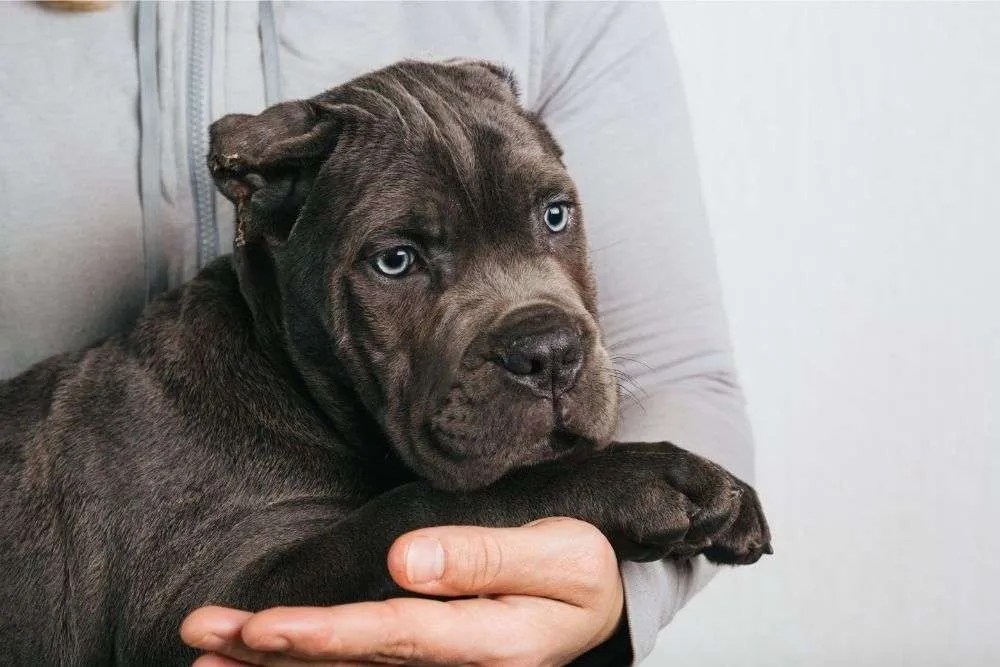As pet owners, we often find ourselves fascinated by the quirky behaviors of our furry friends. One such behavior that can leave us puzzled is the occurrence of hiccups in dogs. While hiccups are a common phenomenon in humans, many of us wonder whether our canine companions experience this peculiar reflex. In this article, we will delve into the world of dog hiccups, exploring their causes, implications, and how to handle them when they arise. Understanding the nature of hiccups in dogs not only helps us become better pet owners but also allows us to appreciate the unique physiology of our beloved pets.
Hiccups in dogs can sometimes be amusing, as we watch them sporadically jerk and make odd sounds. This amusing sight often leads to questions about whether dogs get hiccups and what it means for their health and wellbeing. Unlike humans, dogs may not hiccup as frequently, but when they do, it can still evoke curiosity and concern among owners. By examining the reasons behind hiccups in dogs and learning how to address them, we can ensure our pets remain comfortable and happy.
It is essential to keep in mind that while hiccups are generally harmless, they can sometimes indicate an underlying issue, especially if they persist for an extended period. As we explore the topic of "Do dogs get hiccups?" we will cover everything from the physiological aspects of hiccups in dogs to practical tips on how to manage them. So, let’s embark on this informative journey and unravel the mystery behind canine hiccups!
Do Dogs Get Hiccups More Often Than Humans?
Dogs do indeed get hiccups, although they may not experience them as frequently as humans do. Hiccups occur when the diaphragm—an essential muscle that aids in breathing—contracts involuntarily. This contraction is typically followed by a quick closure of the vocal cords, which produces the characteristic "hic" sound. Here are a few reasons why dogs experience hiccups:
- Excitement: Just like humans, dogs can get excited, leading to rapid breathing and, in turn, hiccups.
- Eating Too Quickly: Dogs that gulp their food or water may swallow air, causing hiccups.
- Temperature Changes: Sudden changes in temperature, such as consuming cold water on a hot day, can trigger hiccups.
What Causes Hiccups in Dogs?
Understanding the triggers for hiccups in dogs is vital for pet owners. Here are some common causes:
- Overexcitement: When dogs play vigorously or become overly excited, they may breathe rapidly, which can lead to hiccups.
- Rapid Eating or Drinking: Dogs that eat or drink too quickly can swallow air, leading to hiccuping.
- Stress or Anxiety: Just like humans, dogs can experience hiccups during stressful situations.
- Gastrointestinal Issues: In some cases, hiccups may indicate digestive problems or gastric discomfort.
Are Dog Hiccups a Cause for Concern?
In most cases, dog hiccups are harmless and resolve on their own. However, if your dog experiences frequent or prolonged hiccups, it may be worth consulting a veterinarian. Signs that may indicate a more serious issue include:
- Hiccups lasting more than a few hours
- A change in appetite or behavior
- Signs of distress or discomfort
How Can You Help a Dog with Hiccups?
If your dog has hiccups, there are a few simple methods you can try to help alleviate them:
- Slow Down Feeding: Use a slow feeder bowl to prevent rapid eating.
- Hydration: Ensure your dog has access to fresh water, and encourage them to drink slowly.
- Calm Them Down: If excitement is the cause, try to calm your pet with gentle petting or a soothing voice.
Do Different Dog Breeds Experience Hiccups Differently?
While all dogs can experience hiccups, some breeds may be more prone to this phenomenon due to their physiology. For instance, brachycephalic breeds (those with flat faces, such as Bulldogs and Pugs) may have a higher tendency to develop hiccups because of their unique anatomical structures. These breeds often have narrower airways, making it easier for them to swallow air while eating or playing, which can lead to hiccups.
Can Hiccups Be Prevented in Dogs?
While it may not be possible to entirely prevent hiccups, there are some steps you can take to reduce their frequency:
- Monitor Excitement Levels: Keep an eye on your dog during playtime to prevent overstimulation.
- Feed Smaller Meals: Instead of one large meal, consider feeding your dog smaller portions throughout the day.
- Avoid Sudden Temperature Changes: Be mindful of your dog's food and water temperatures.
When Should You Consult a Veterinarian About Hiccups?
If your dog's hiccups persist or are accompanied by other concerning symptoms, it’s crucial to seek veterinary advice. Here are some signs that warrant a visit to the vet:
- Hiccups lasting more than a few hours
- Loss of appetite or weight loss
- Vomiting or diarrhea
- Difficulty breathing or excessive coughing
Conclusion: Understanding Hiccups in Dogs
In conclusion, hiccups are a fascinating and often amusing behavior exhibited by dogs. While they are typically harmless, understanding the causes and implications of hiccups can help pet owners respond appropriately. By taking preventative measures and knowing when to seek veterinary advice, we can ensure our dogs remain healthy and happy. So next time you witness your beloved pet experiencing hiccups, remember that it's a normal part of their canine world!




